
Albania’s food revolution: unique ingredients, lost wines and returning chefs put country on the culinary map
During Balkan nation’s 45 years of hardline communist rule, food was rationed, cookbooks were burned and recipes were lost, but a new generation of Albanians are making good use of some amazing indigenous ingredients
From 1945 to 1991 Albania was the Mediterranean’s hermit kingdom. After the second world war, the country, led by Enver Hoxha, became a hardline communist state. His goal was for the country to be completely self-sufficient – all food was rationed, collectivised and canned. Fishing was discouraged because boats were considered a way to escape. Cookbooks were burnt and traditional recipes were lost. Its coastline’s juicy Adriatic prawns – beloved in neighbouring Italy and Greece – were presumed to be inedible and were fed instead to pigs. Stewed meat bones with tinned pears and grain gruel would have been considered a luxury.
A taste of the good life in a rural Macedonian bolt-hole
But a few young Albanian chefs are returning home after years of cooking at some of the world’s top restaurants. They’ve come back to reinvent Albanian cuisine, taking what they’ve learned abroad and using the fabulous indigenous ingredients, they are making what is one of Europe’s most inventive culinary scenes.
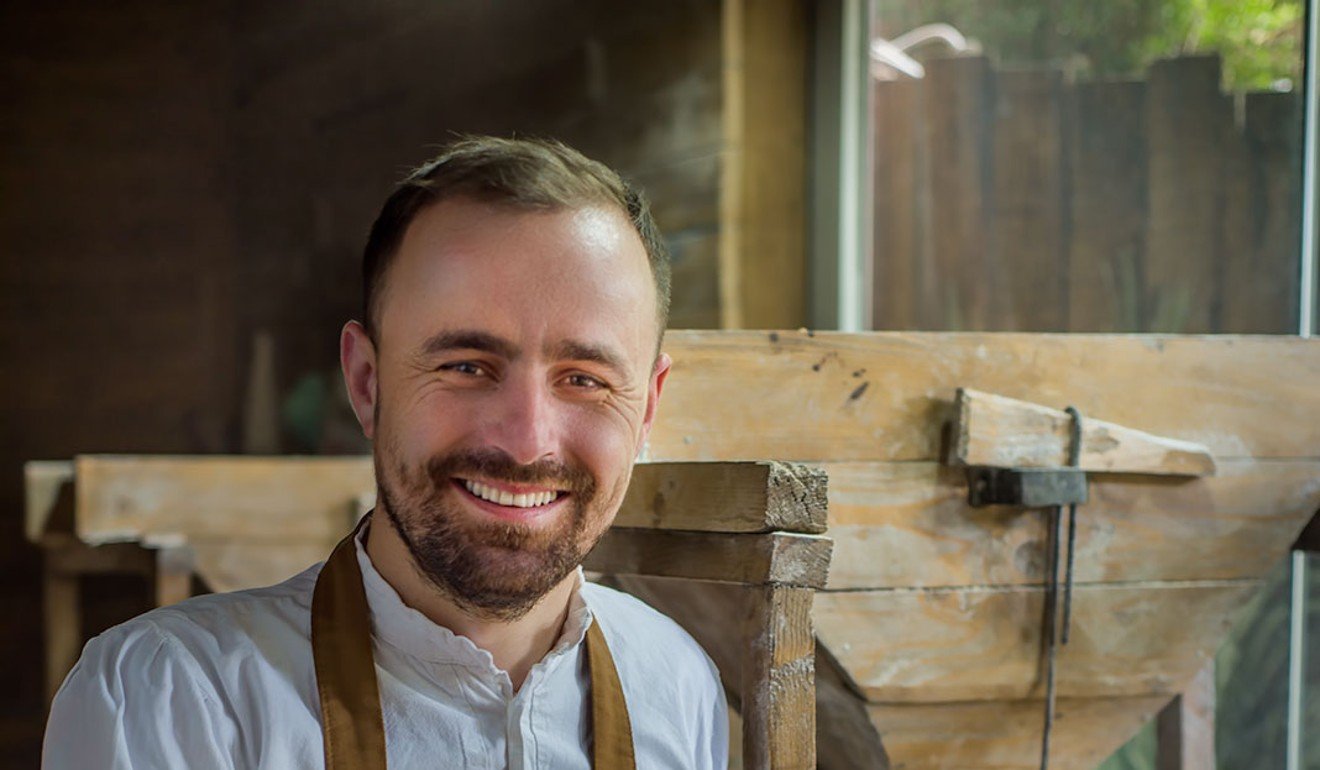
Bledar and I are drinking pressed cherry juice in his new slow food restaurant, Mullixhiu, in the buzzing Albanian capital of Tirana. He hands me a piece of cow’s cheese – mishavinë. It’s gooey and has a beefy tang, like eating an animal in pasture; a bovine toffee you won’t find anywhere else.
See the Balkans by train with Railbooker’s Balkan Explorer
“Albania doesn’t produce cars or watches,” says Kola. “All we have is this four-seasons-in-a-day topography.”
That means 350km of sun-kissed shores with hillside vineyards that date back to the Roman Empire and Alpine mountains that rival Switzerland – for both grazing and skiing. The only trick is trying to fit all the flavours onto one plate.
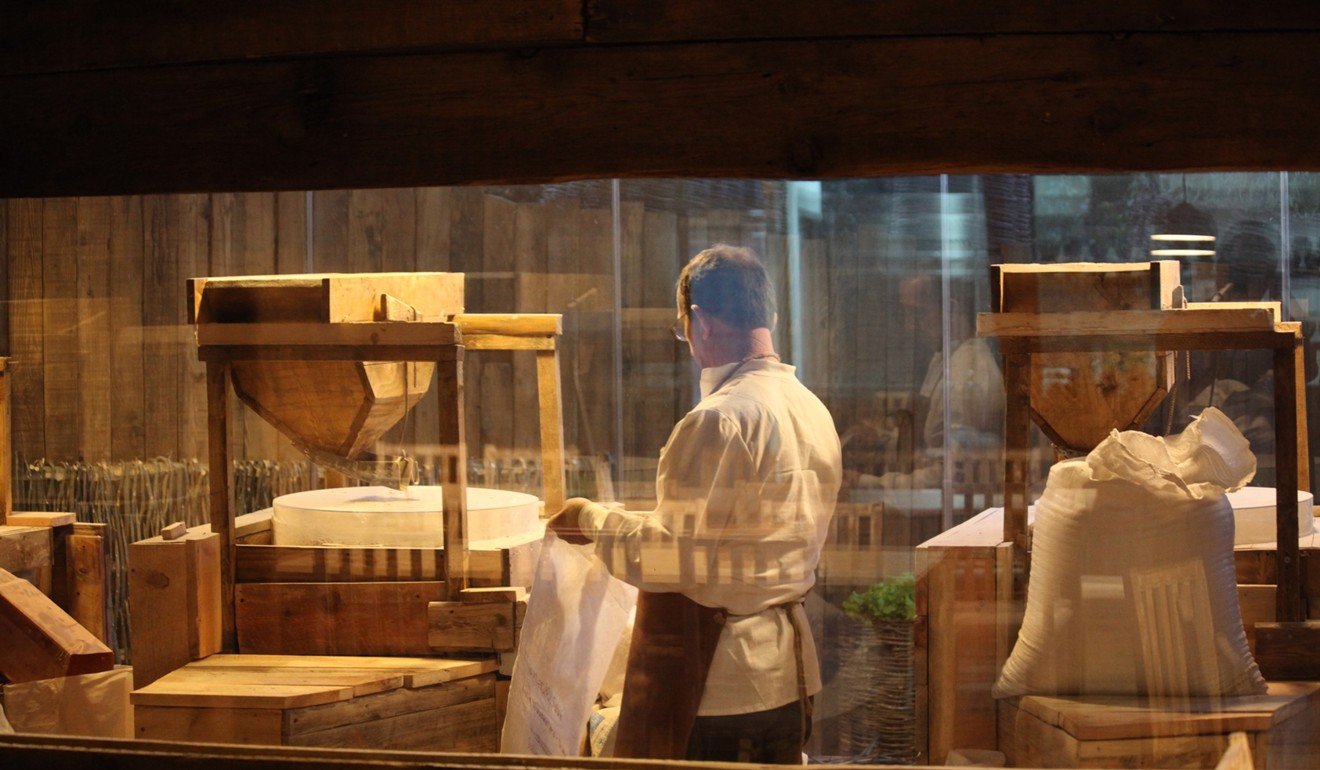
That is why Kola, who says he came home “to challenge the global dictatorship of French cuisine”, is making me his eight-course tasting menu, which costs only €15 (Albania is categorically the cheapest country in Europe).
The amuse-bouche is a ball of kadaif, a shredded wheat legacy from the five centuries of Ottoman occupation that lasted until 1912. Normally a dessert, here it’s topped with a seriously tangy yogurt. The crisp, plump ball is followed by a swirly potage of zucchini flour, mustard and olive oil: a peasant’s dish teleported to the 21st century.
The entire country has always been organic, whether we liked it or not
The peasant analogy is apt. Although Kola has worked in Europe’s greatest foraging and farm-to-table kitchens, including Fäviken in northern Sweden, Mullixhiu is a time machine of forgotten Albanian flavours.
The restaurant’s name translates to mill. And sure enough, three traditional wooden mills grind heirloom wheat in the reception area. Walls are made from dried sweetcorn husks sandwiched between panes of glass. Each table place has its own private drawer stocked with knives and forks.
Guests must also pour their own Qafshtama mineral water sourced at an altitude of 1,350 metres in the Albanian alps.
Kola hand delivers dishes thick and fast, including “shepherds diet”, which features curd and ice cubes in a cocktail shaker, poured over a tiny candied meat pie. Then sweetbreads that are plump and crisp, served with a piquant jus.
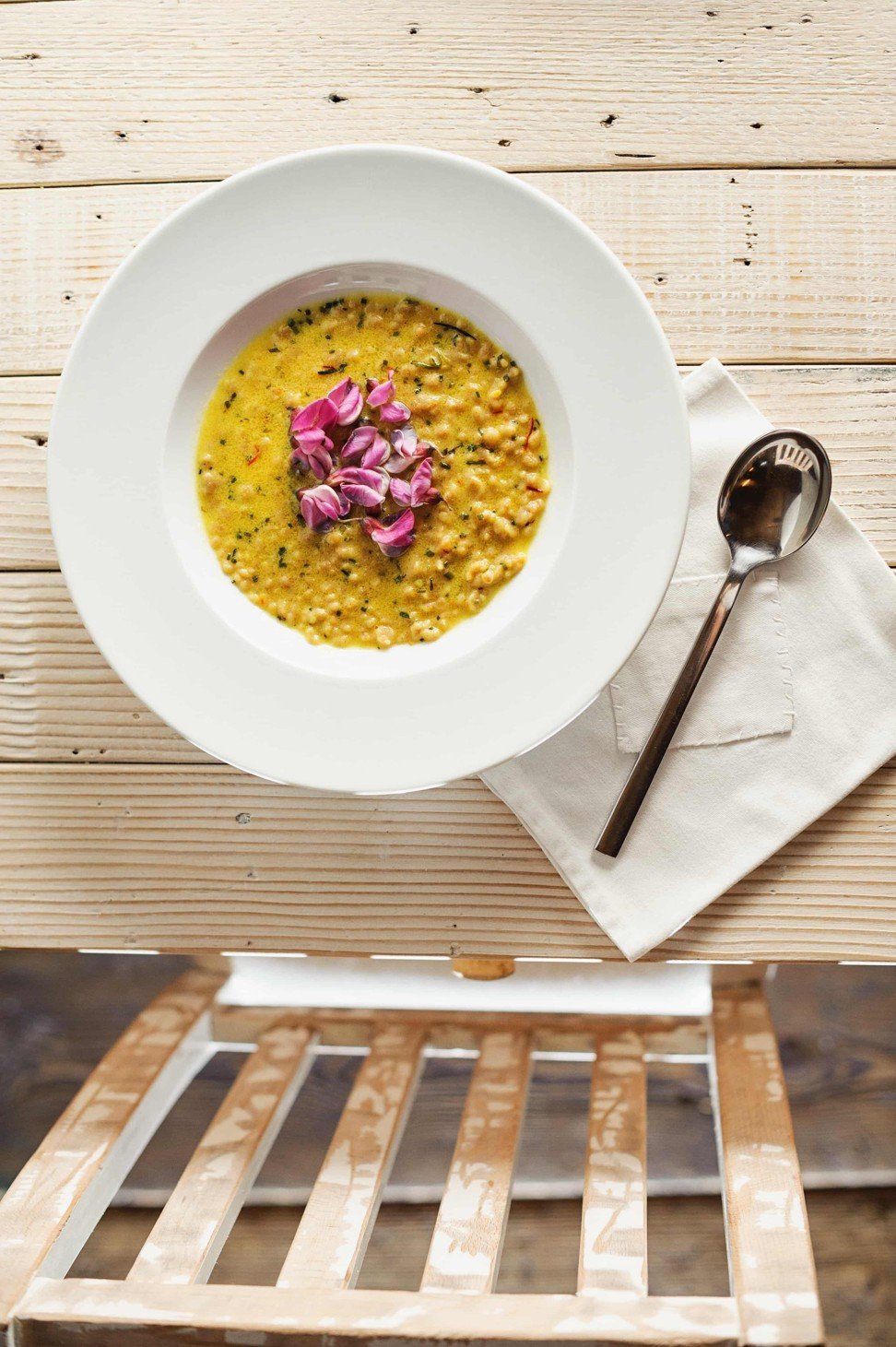
Another of Albania’s top chefs, 36-year-old Fundim Gjepali of Padam restaurant, also returned home in 2016. This time from Rome, where he won Italy’s coveted International Grand Prix of Mediterranean Cuisine.
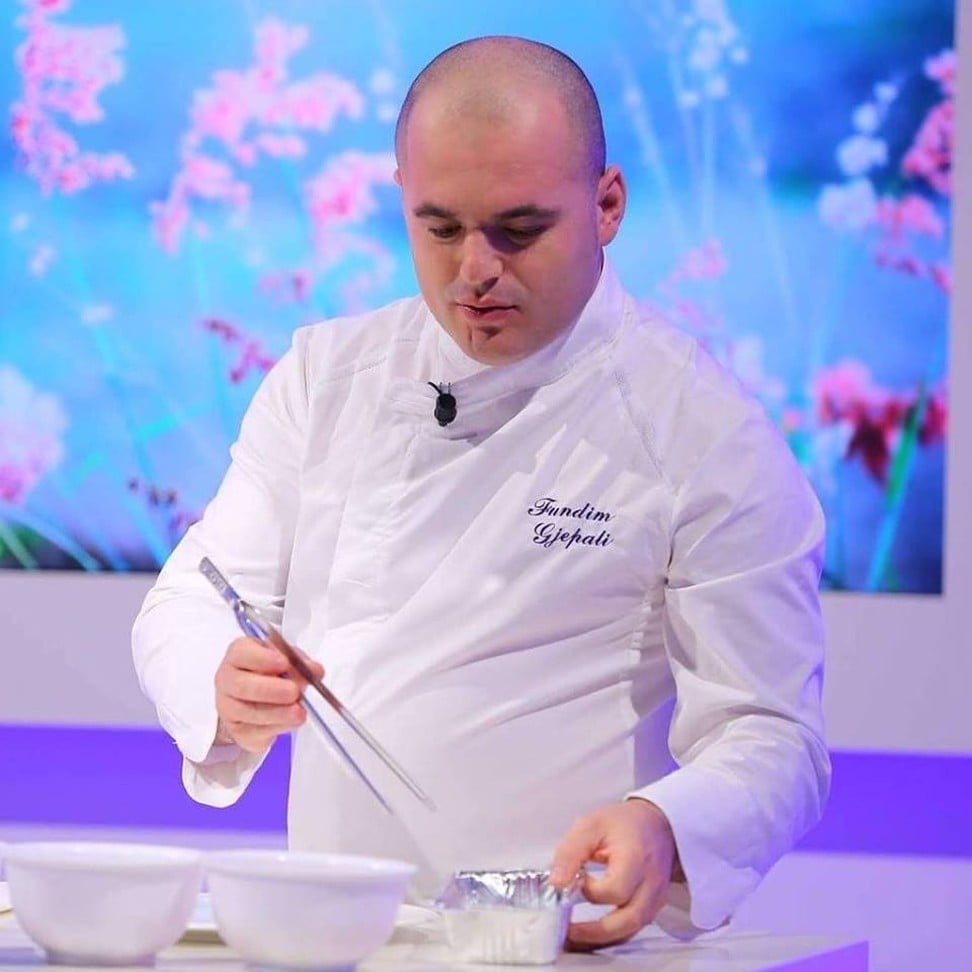
“Almost everything you see is from our own farm,” says Gjepali. “In Albania we never used fertilisers as we were cut off from the rest of the world. The entire country has always been organic, whether we liked it or not.” By appearing as a judge on the local version of MasterChef, Gjepali hopes to show Albanians who haven’t yet witnessed Europe’s decades of non-organic farming that biodynamic is best.
Overrun Venice and underrated Ljubljana a study in contrasts
With dishes this good, Gjepali can inspire an entire generation of young Albanian chefs. His tasting menu at Padam features a trout from the River Tamara near Lake Shkodra, with a pistachio crust made of nuts sourced from orchards near Greece. “Normally we’d serve this fish raw but then I wouldn’t have a job,” says Gjepali with a laugh.
Then comes another contemporary take on the traditional, a farm egg poached in hot yogurt, covered with black truffle.
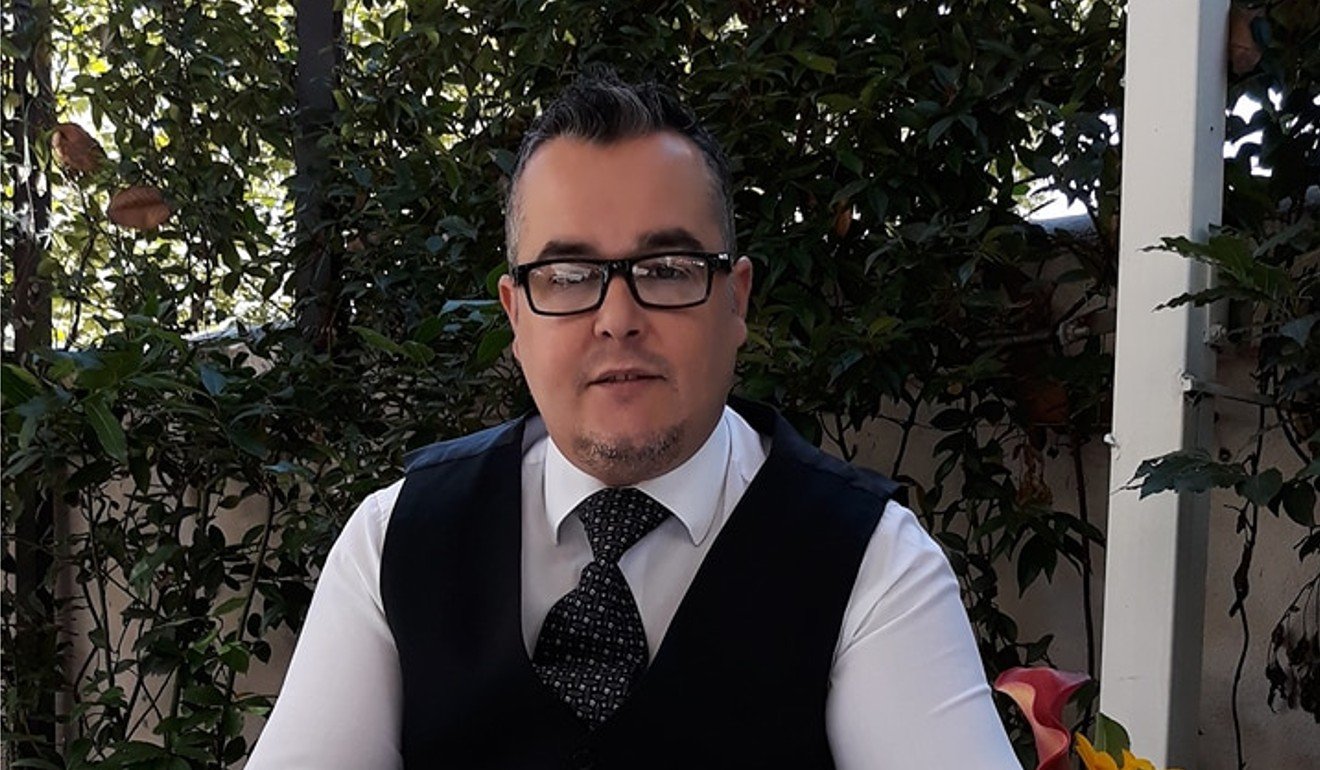
For dessert he opens a bottle of Kantina Nurellari Superiore 2013 that fights in the glass like the bastard son of a riesling-chardonnay one night stand. There are only 1,000 bottles in the world – well, 999 now – none of which are available at your local supermarket.
Nowhere is Albania’s combination of unique ingredients, lost wines and returning talent more evident than at Uka Farm. Flori Uka, 32, returned from Italy to manage a two-hectare biodynamic plantation started in 1996 by his father, a former Albanian Minister of Agriculture.
We are resurrecting near extinct grapes on a terroir that’s as varied as Italy
“My father’s dream was to create a living laboratory of edible Albanian flora, with healthy fauna coexisting alongside to prey on predators,” says Uka. “The restaurant we started here in 2014 is fully booked because people can see our giant kale and heirloom apples before they eat them. After all, before chemical fertilisers and pesticides began 100 years ago we were healthier as human beings.”
Nowadays, Flori spends much of his time inside Uka Farm’s brand new wine cellar. Here he works with ultra-rare Albanian grapes including cërujë. The vines take a century to climb atop mulberry trees, 20 metres in the air, in the lake district in Albania’s north.
Only in exceptional years, 2017 being one, is the yield large enough to be harvested. Uka bought the lot, making me the only man on the planet – at this moment – to be drinking this raucous vintage of spirit-rich white.
I also try a 12-day-old kallmet. It’s another wholly indigenous grape, a roaring goblet of fire reared near the Greek border. And sample Albania’s first boutique gin spirit, which will hit the market next year.
“In Albania we still eat pasta pomodoro and import Italian wine,” says Uka. “But you can taste the change in the air.”
Mullixhiu, Shëtitorja Lasgush Poradeci, Hyrja e Parkut tek Diga e Liqenit Artificial
Tirana, Albania 1019, +355 69 666 0444, mullixhiu.al
Padam, Padam Boutique Hotel, Rruga Papa Gjon Pali II, Tirana, Albania 1001,
+355 4 450 4913, padam.al
Uka Farm, Rruga Adem Jashari, Laknas, Albania, +355 67 203 9909, facebook.com/ukafarm
Getting there
Lufthansa flies between Hong Kong and Tirana via Frankfurt
